Holiday Relapse Prevention Worksheet for a Stress-Free Season

In the whirl of holiday joy, the sparkle of twinkling lights, and the warmth of gatherings with family and friends, the festive season can be both exhilarating and exceptionally challenging. For those in recovery, this time can present unique hurdles due to the triggers that often accompany holiday celebrations. Today, let's delve into how you can implement a Holiday Relapse Prevention Worksheet to safeguard your sobriety while enjoying the season's festivities.
Understanding Holiday Relapse Risks

The holiday period is notorious for escalating relapse risks:
- Increased Stress: Pressure to create perfect holiday memories, financial burdens, and juggling time management can strain anyone’s resilience.
- Social Triggers: Social events often involve alcohol, which can be a significant trigger for those recovering from substance misuse.
- Isolation: The expectation of joy during the holidays can make feelings of loneliness or isolation more acute, particularly for those missing loved ones or in a different environment.
Designing Your Holiday Relapse Prevention Worksheet

Here’s how you can craft your personal guide to navigate the festive season with confidence:
1. Identify Your Triggers
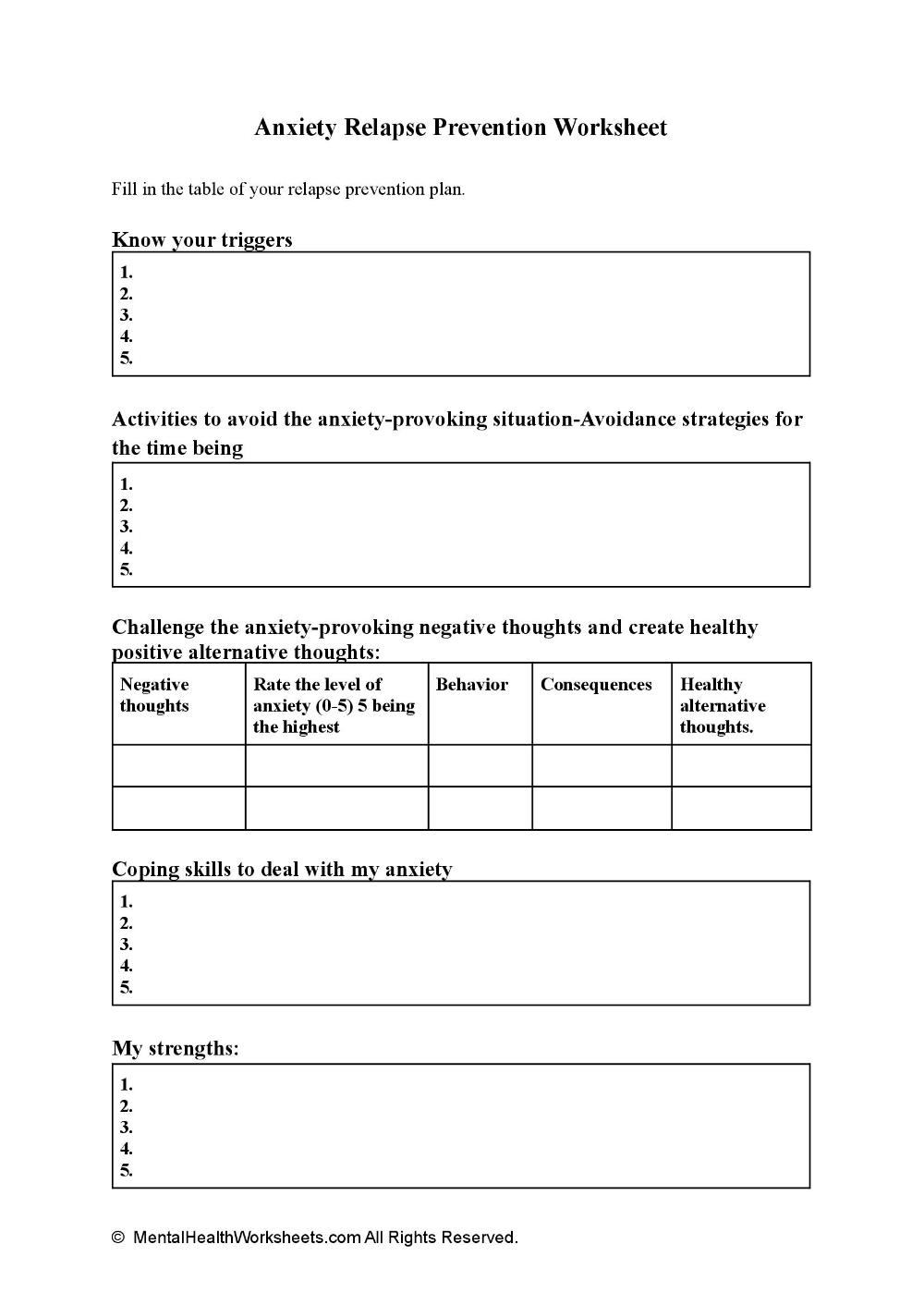
The first step is to recognize what could potentially challenge your recovery:
- List specific holiday situations or people that might trigger a relapse.
- Consider how these triggers have impacted you in the past.
2. Set Realistic Expectations

Letting go of the pursuit for perfection:
- Set manageable goals for the holiday season, focusing on what you can control.
- Embrace the notion of a “good enough” celebration, avoiding the pitfalls of disappointment.
3. Create a Safety Net

Surround yourself with support:
- Reach out to friends, family, or support groups who understand and support your recovery.
- Have a sober buddy or a support person on speed dial for moments of doubt or crisis.
4. Plan Your Schedule

Utilize a Holiday Survival Schedule:
| Day/Time | Event | Coping Strategies |
|---|---|---|
| Dec 24, Evening | Family Dinner | Drink alcohol-free beverages, have an exit strategy |
| Dec 25, Morning | Present Opening | Focus on enjoying the moment, call sponsor if overwhelmed |
| Dec 31, Night | New Year’s Eve Party | Attend with sober friend, plan to leave early if necessary |
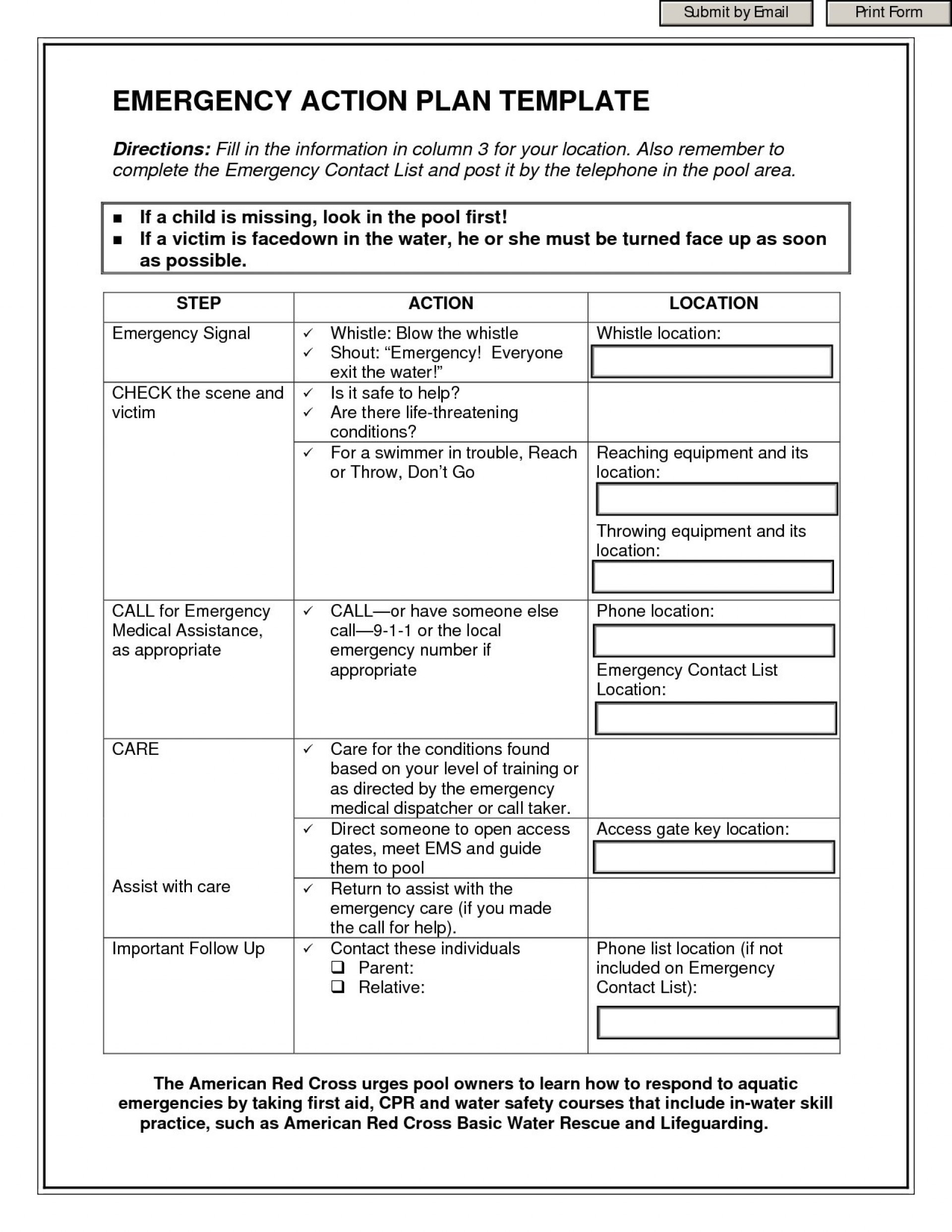
5. Develop Coping Skills
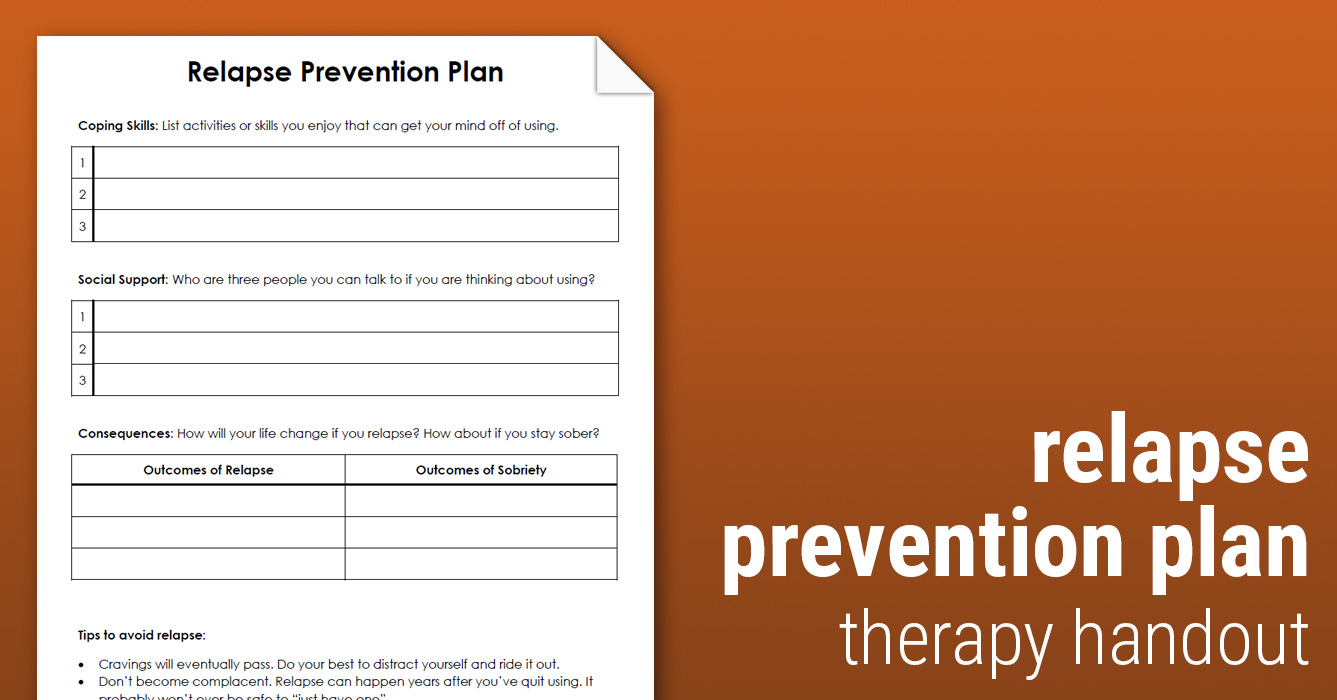
Mastering techniques to manage triggers:
- Engage in mindfulness or breathing exercises when stressed.
- Write down your feelings and thoughts as a form of release.
💡 Note: Coping strategies need to be personalized. What works for one person might not work for another.
6. Adjust Your Environment
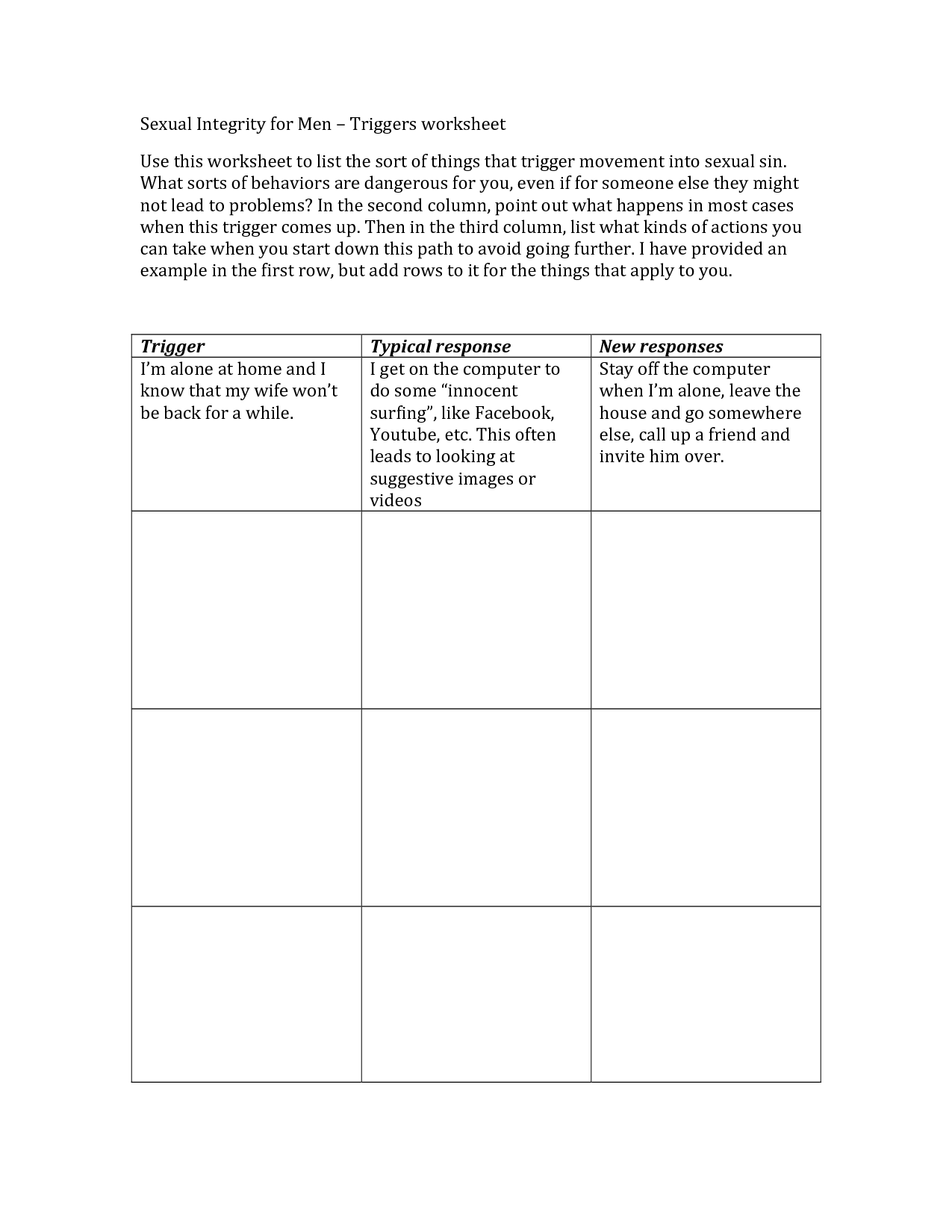
Minimize exposure to high-risk scenarios:
- Propose sober celebrations or suggest alternatives to alcohol-centric events.
- Find or host gatherings that cater to recovery-friendly environments.
7. Reflect and Celebrate Your Sobriety
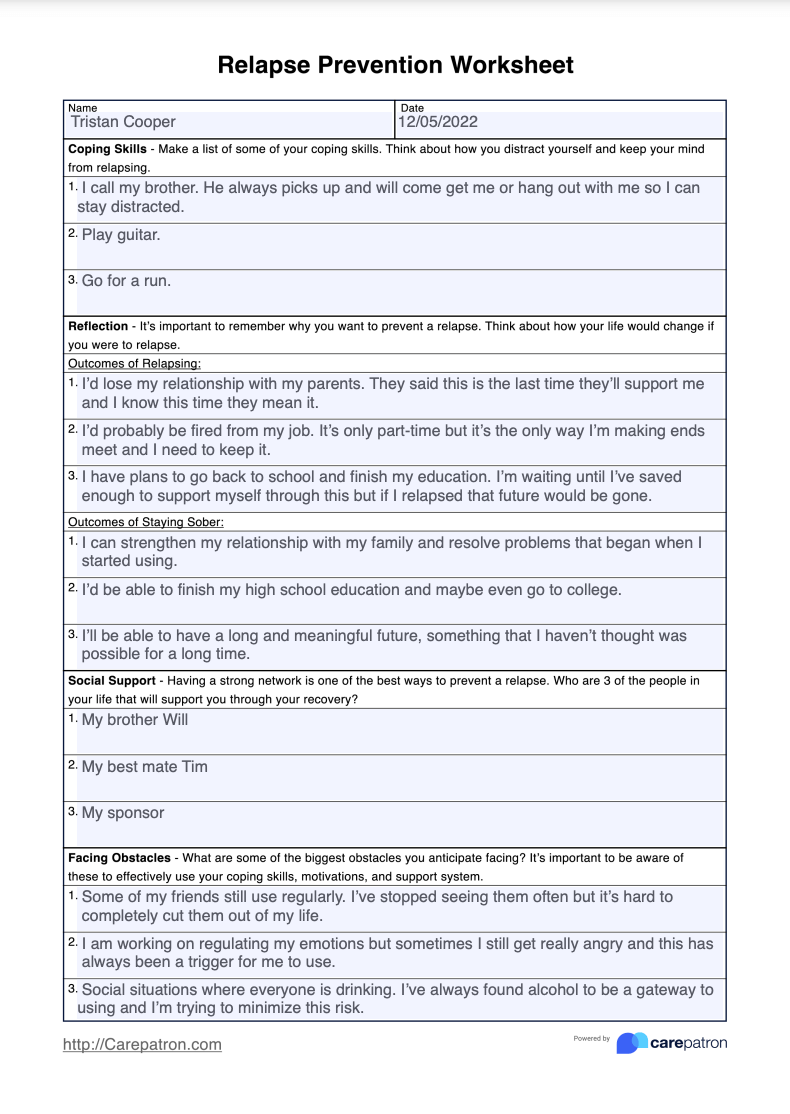
Recognize your achievements:
- Take time to celebrate how far you’ve come in your recovery journey.
- Remember that each sober day is a victory.
The festive season offers numerous challenges but also countless opportunities for joy, growth, and connection. By utilizing a Holiday Relapse Prevention Worksheet, you can equip yourself with the tools to navigate this time successfully. Your commitment to sobriety is not just for the holidays but is a continuous journey of self-care and resilience. As you move forward, remember that each day is a step towards a stronger, more fulfilling life. Share your experiences, gather strength from your support network, and take pride in every moment of sobriety.
What is a Holiday Relapse Prevention Worksheet?

+
A Holiday Relapse Prevention Worksheet is a personalized tool to help individuals in recovery plan for potential relapse triggers during the holiday season. It includes strategies for managing stress, social interactions, and maintaining sobriety.
How can I identify my holiday triggers?

+
Start by reflecting on past holiday experiences. Think about specific people, events, or emotions that led to relapse or cravings. Writing these down can help in anticipating and planning for these situations.
What if I don’t have any sober friends to celebrate with?
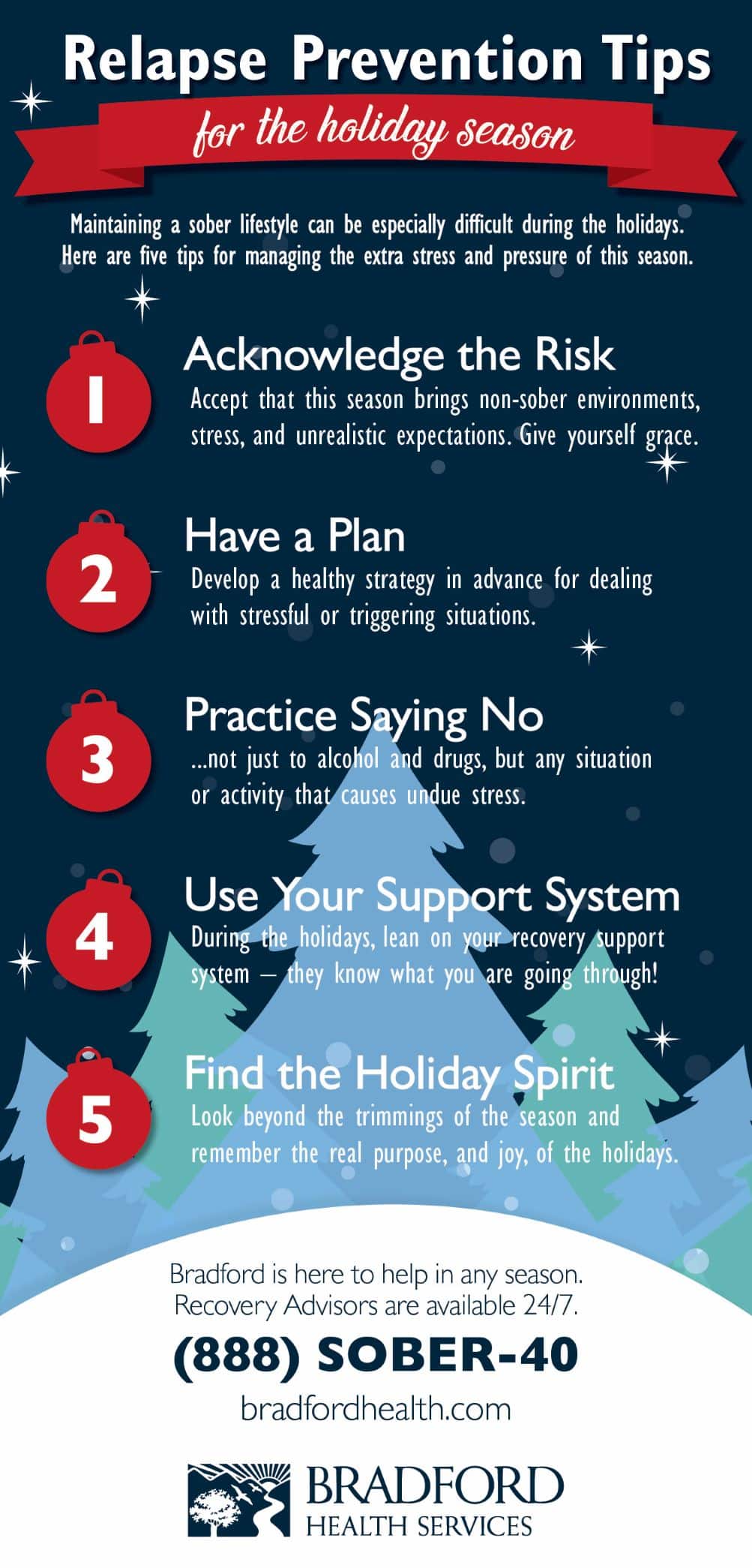
+
Consider attending recovery community events, meetings, or support groups during the holiday season. These gatherings can offer companionship, support, and a sobriety-focused environment.
How do I handle family pressure to drink during holidays?
+Communicate your commitment to sobriety to your family in advance. Suggest alternative activities or bring your own non-alcoholic drinks. If needed, have an exit strategy or someone to call for support.
What are some recovery-friendly holiday activities?
+Try engaging in activities like ice skating, decorating, baking sober-friendly treats, attending concerts, movie marathons, or volunteering. These activities foster a sense of community and purpose, which can be supportive for recovery.